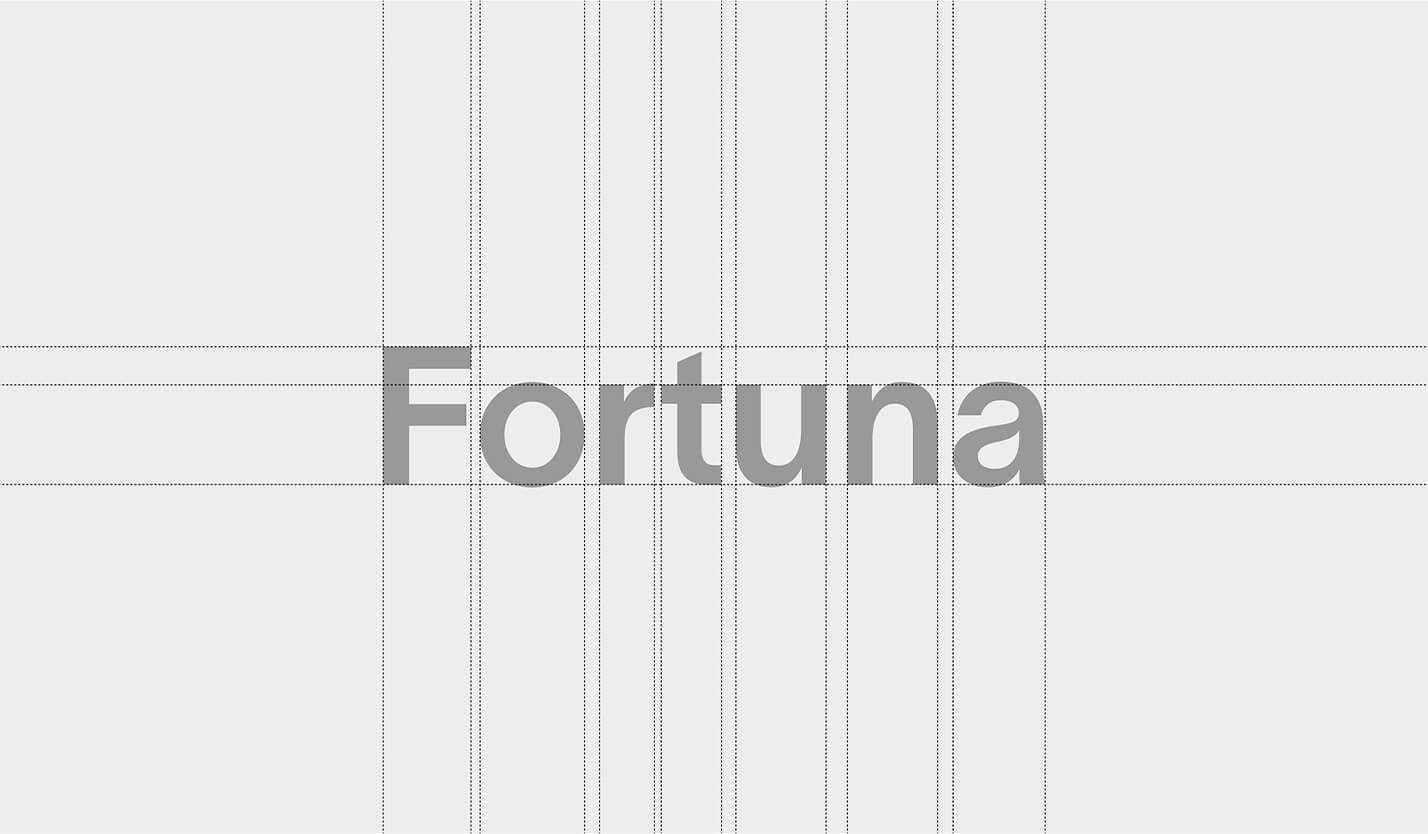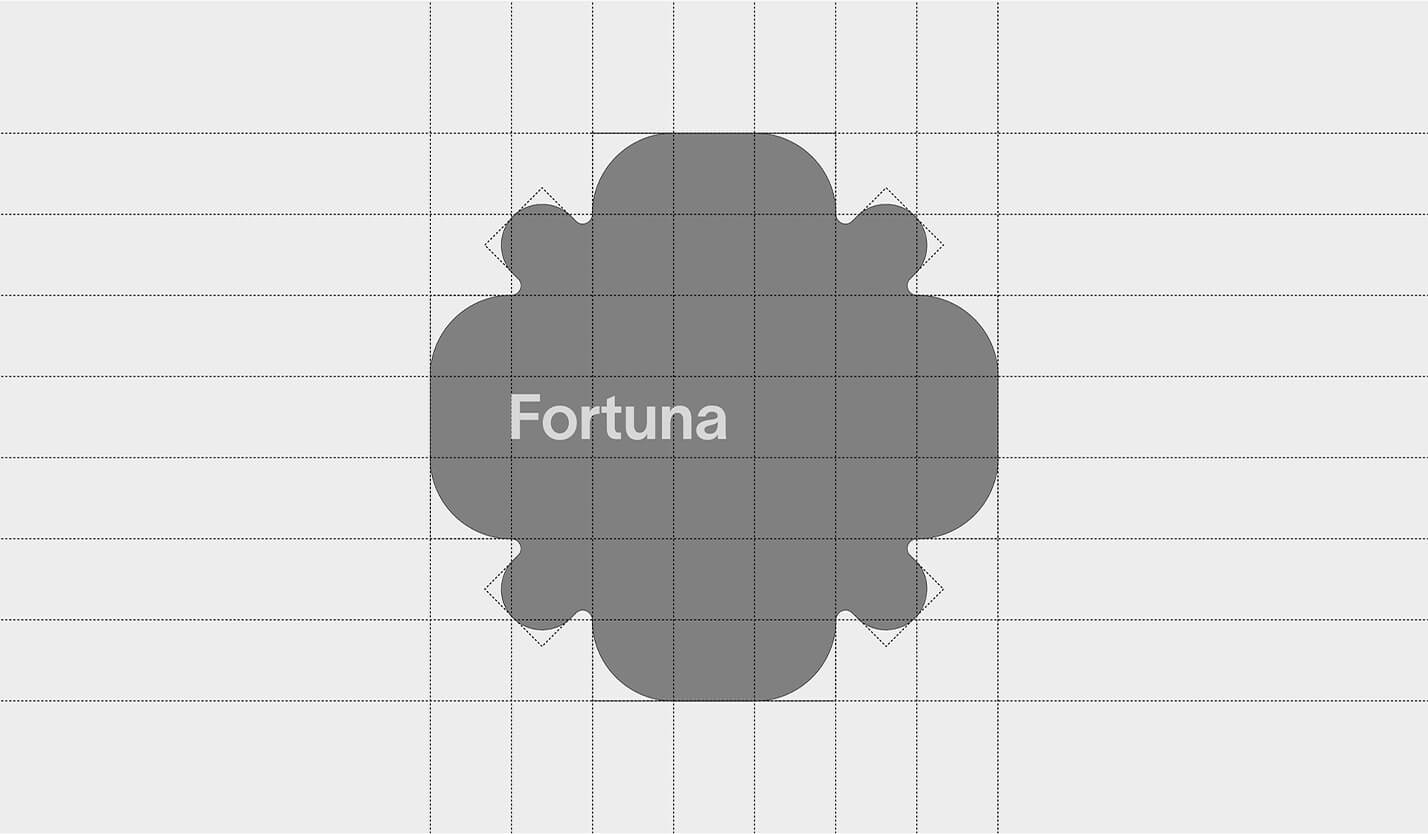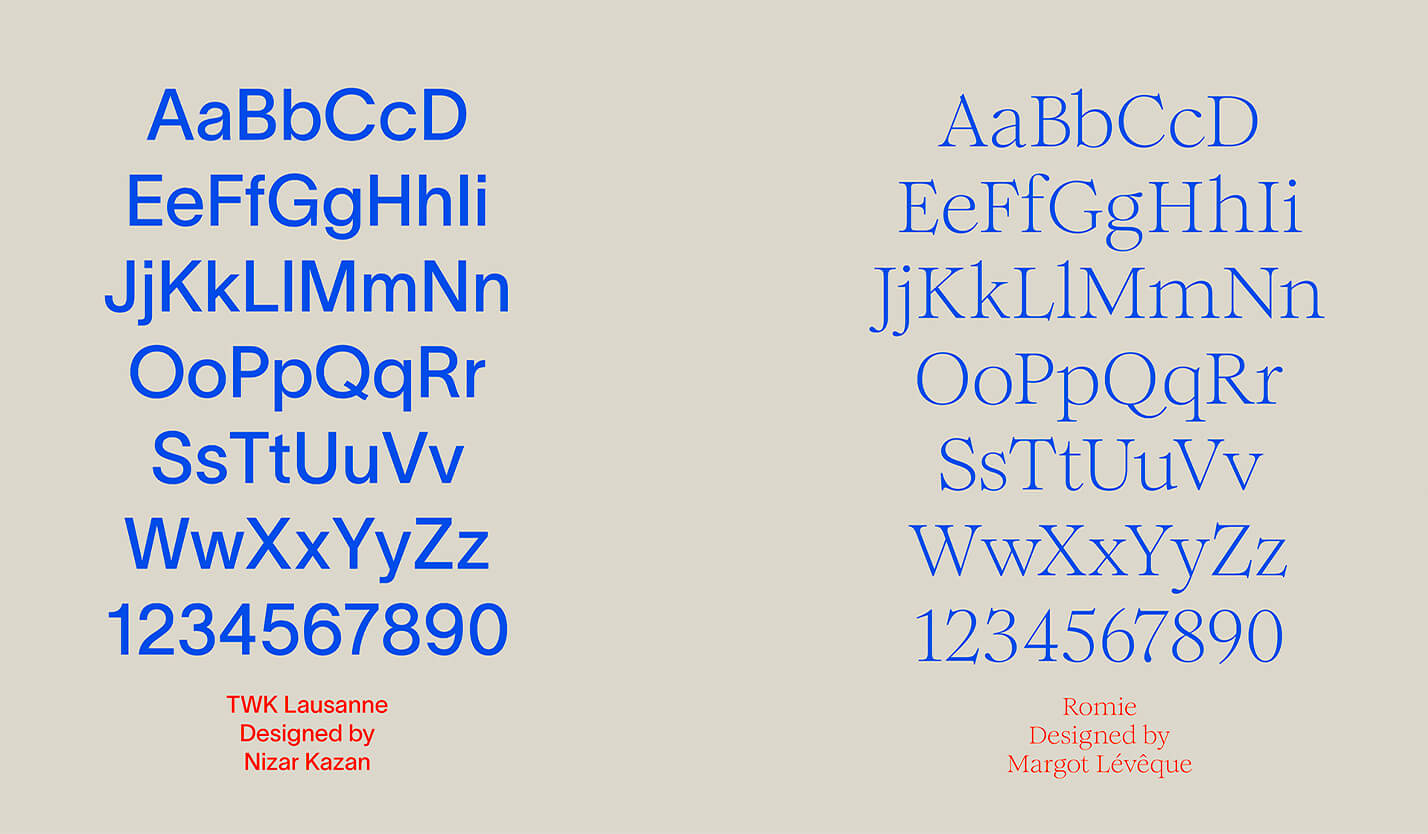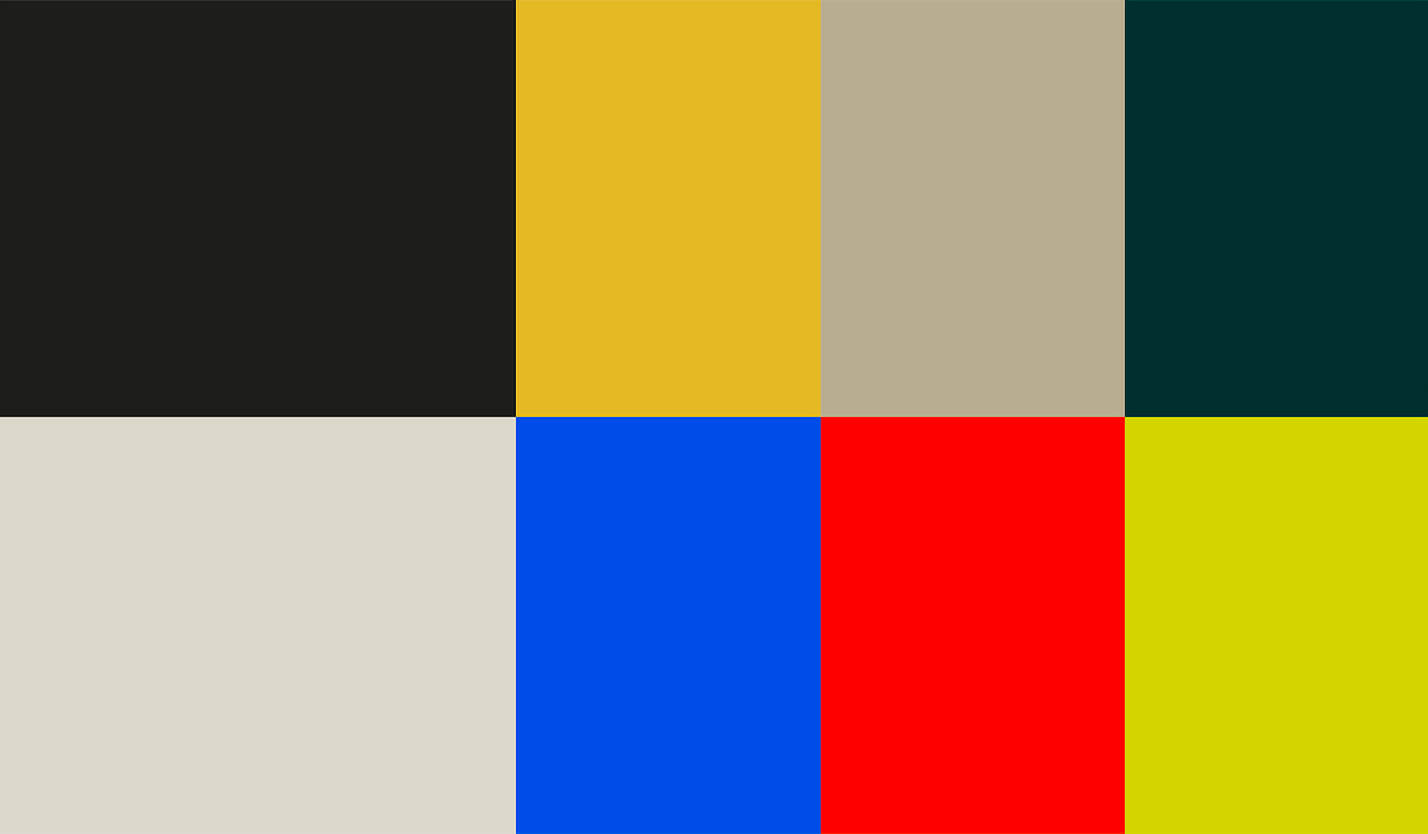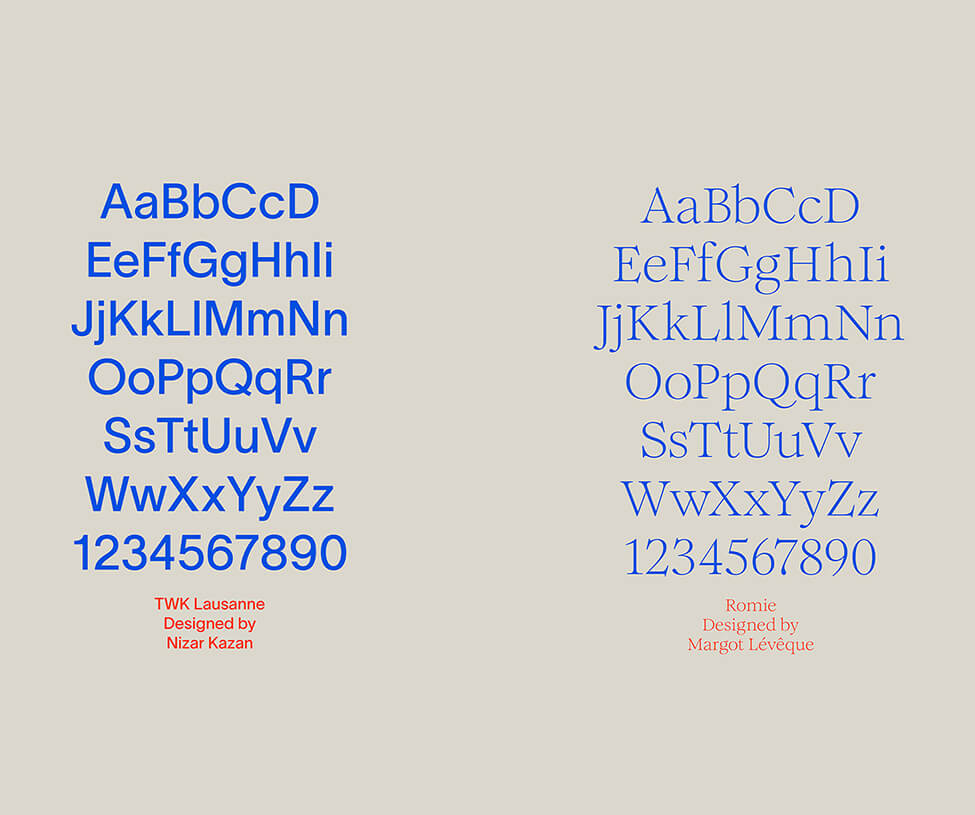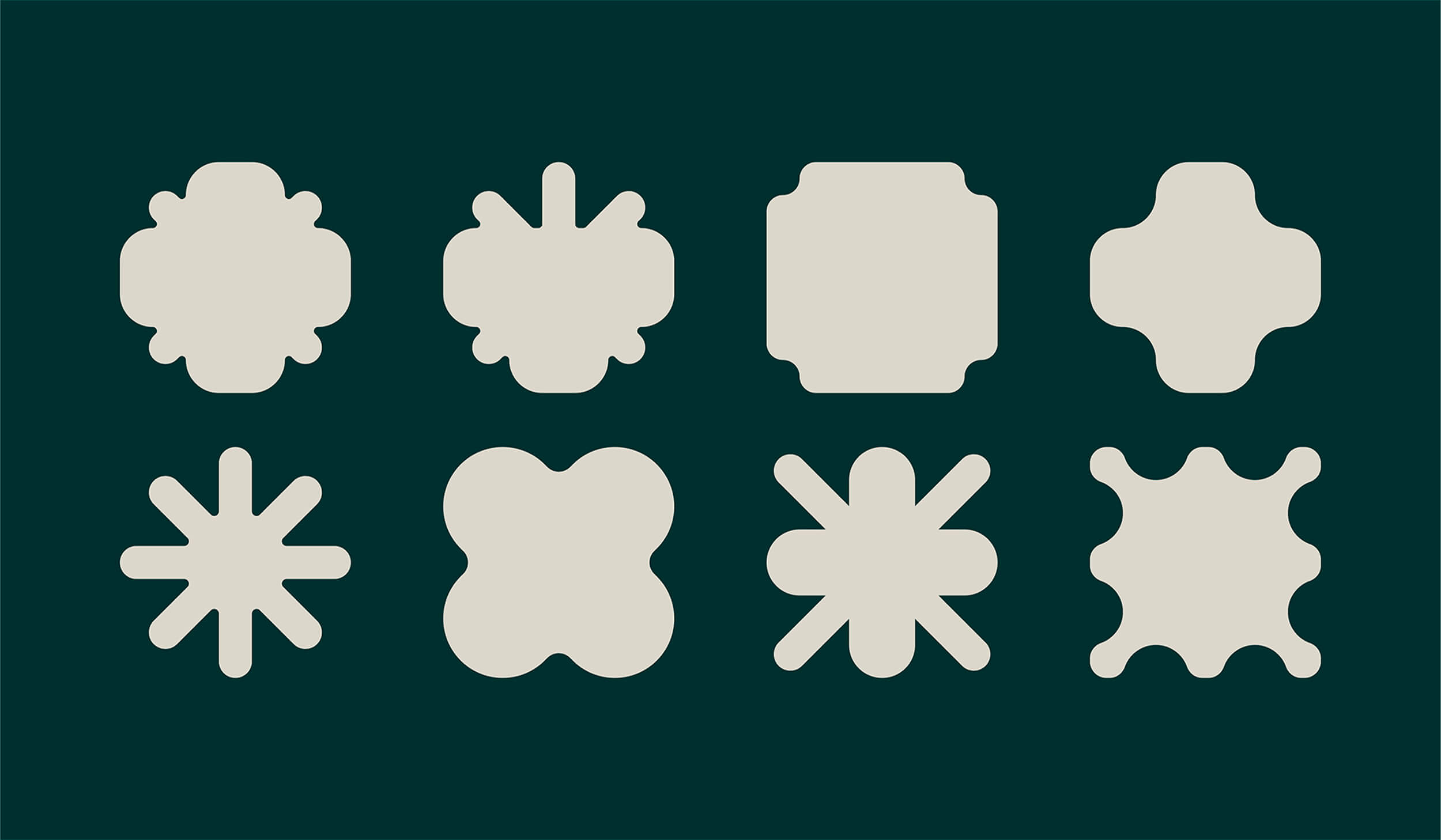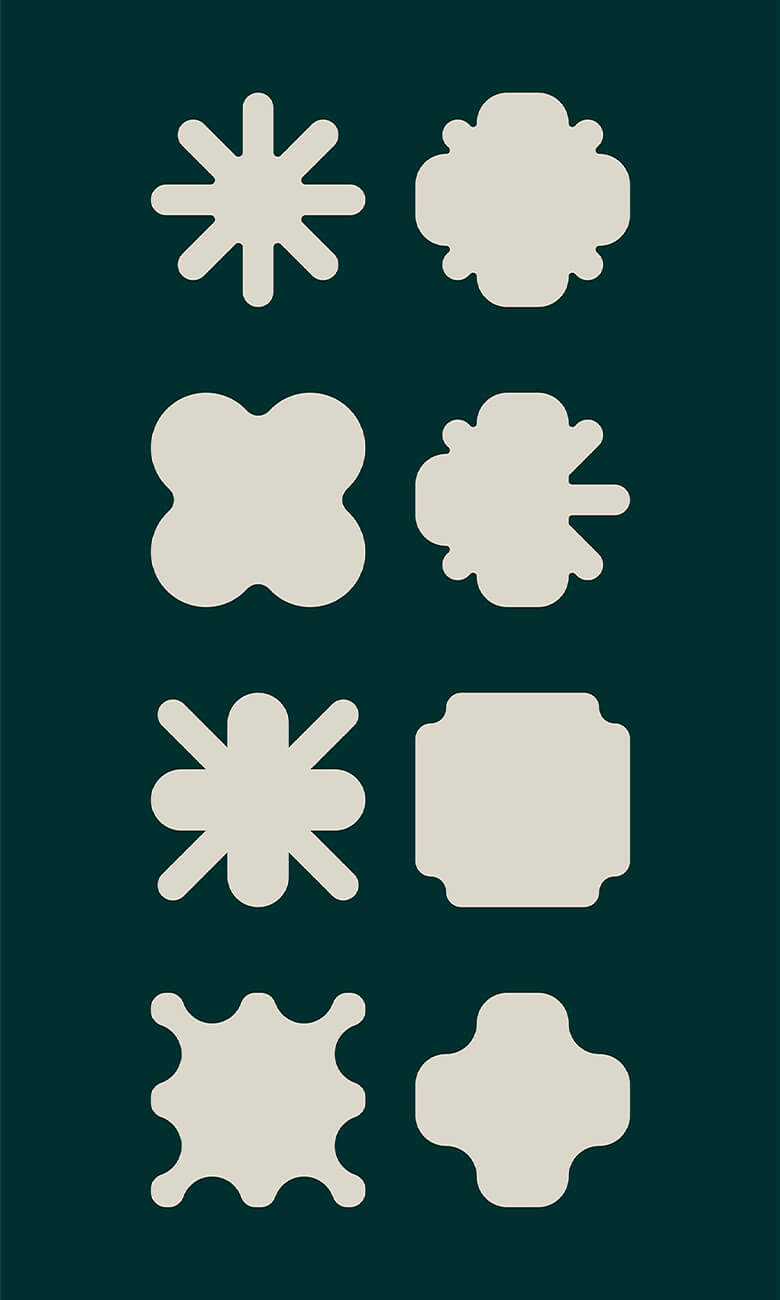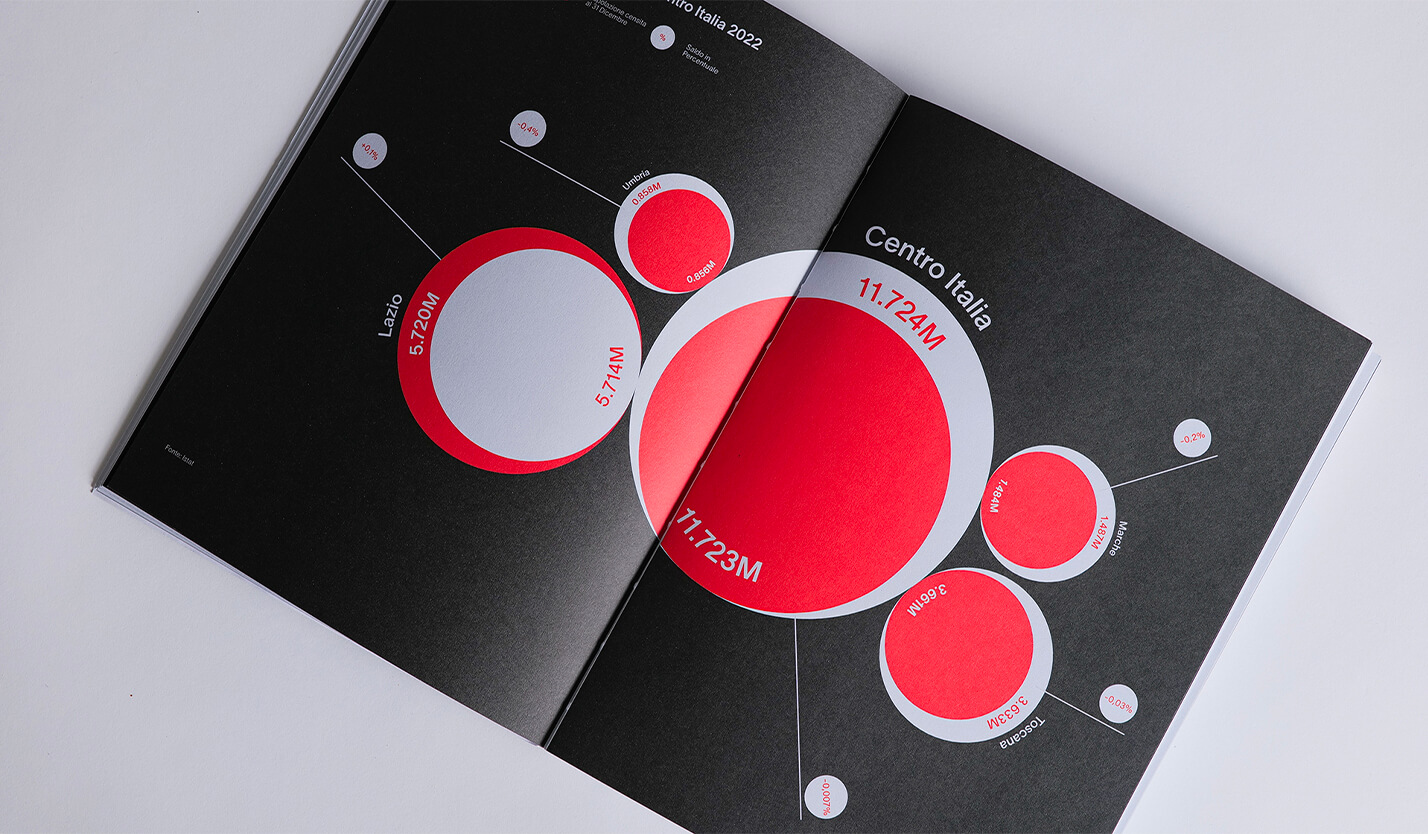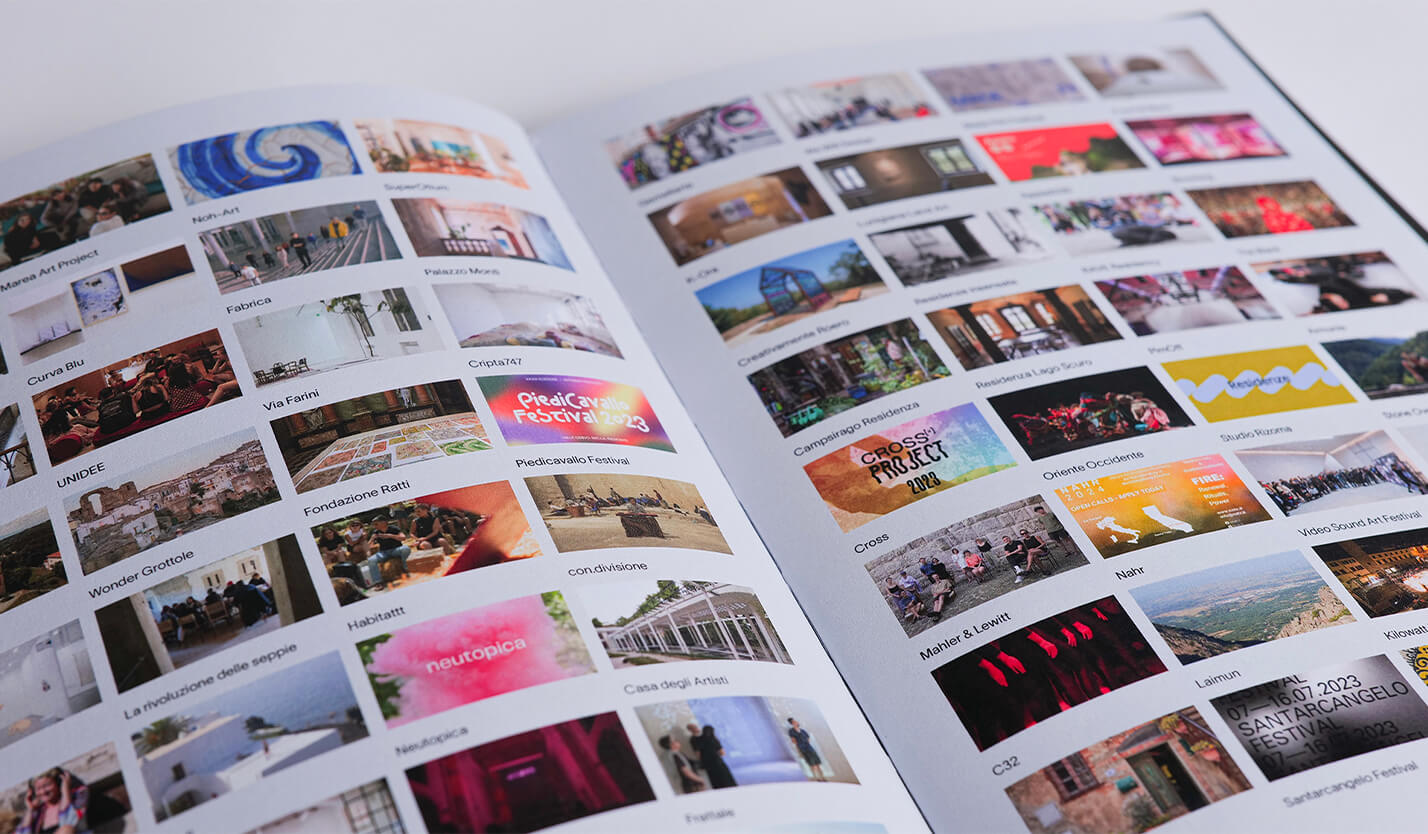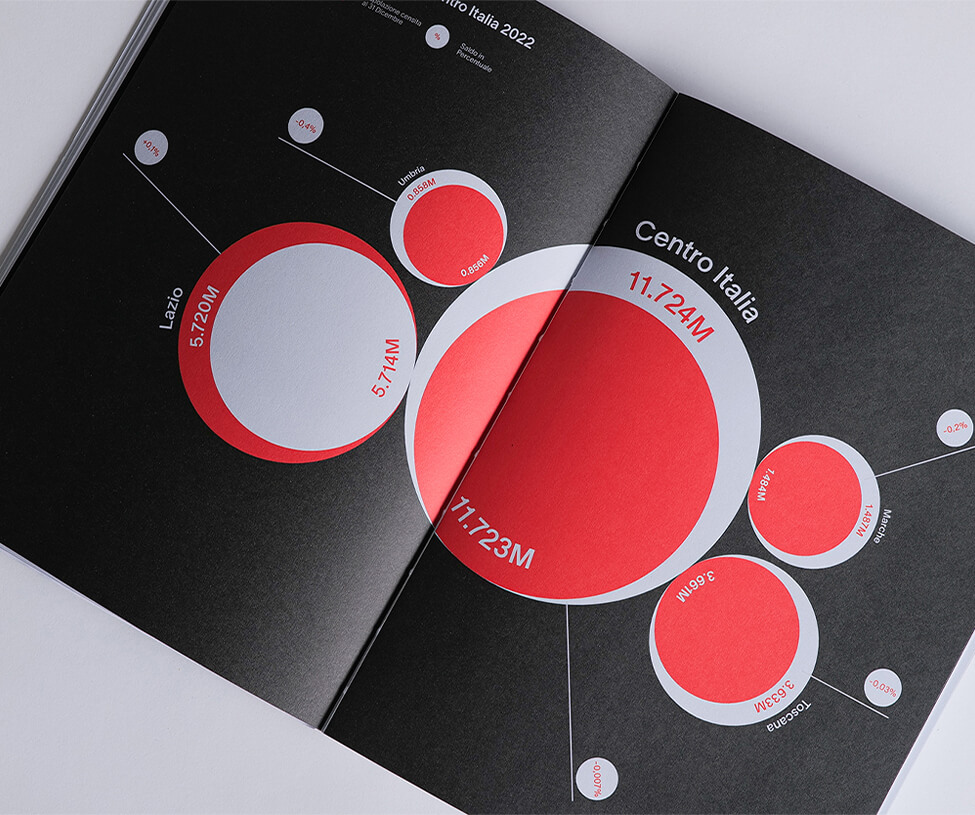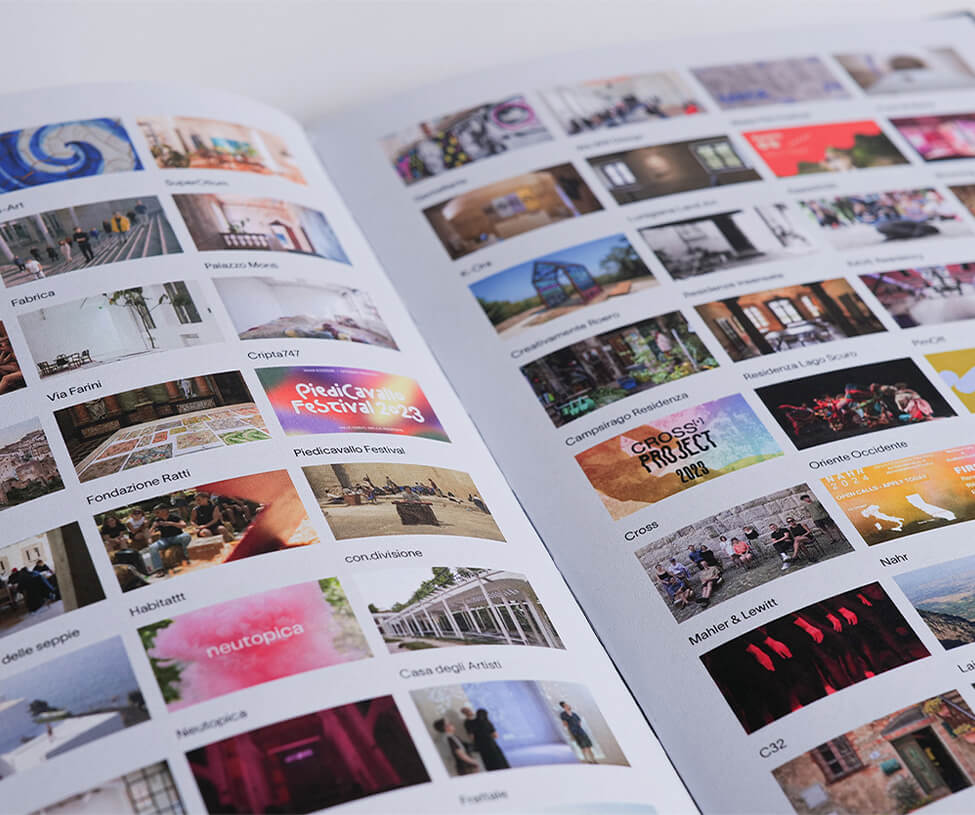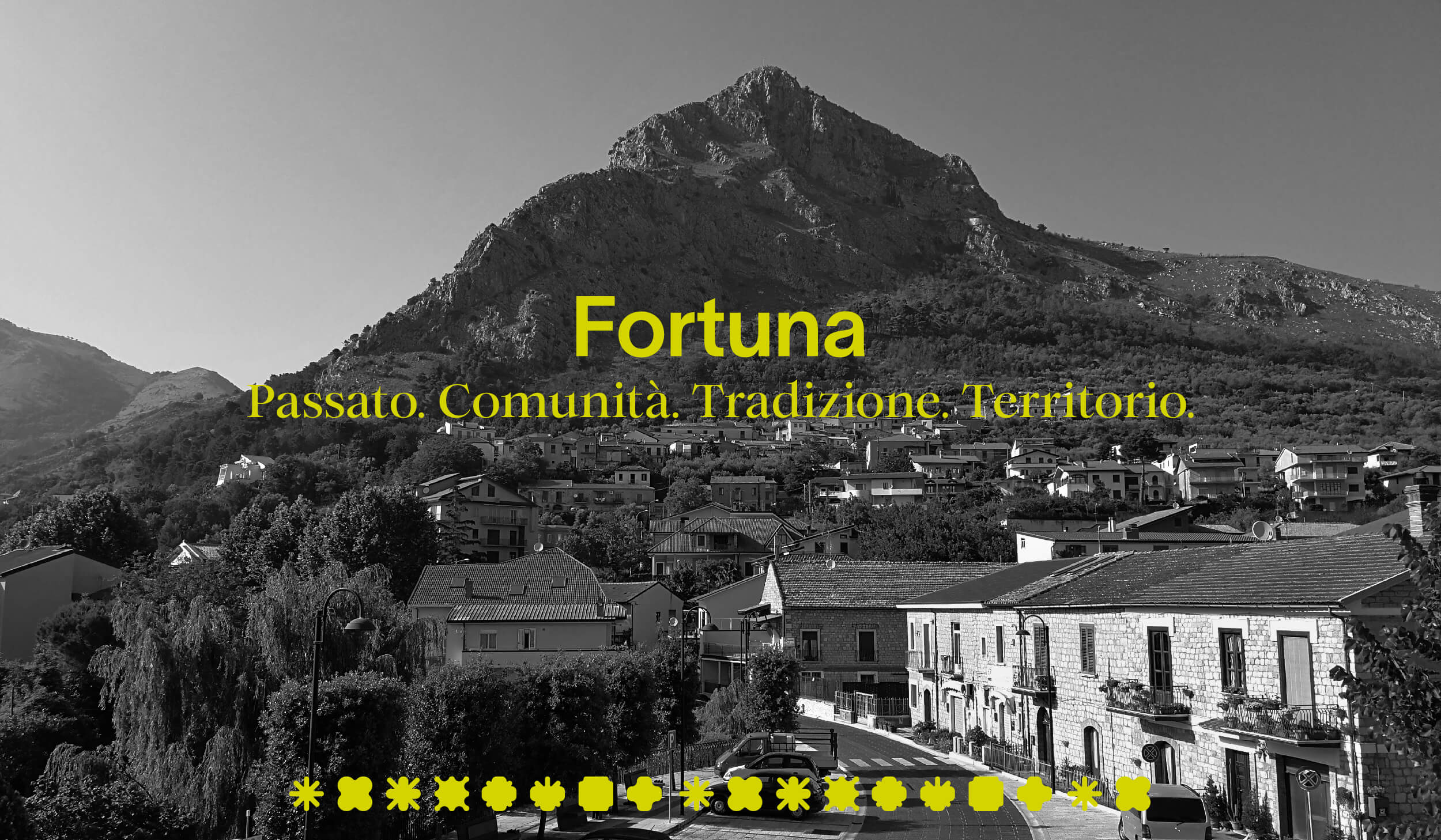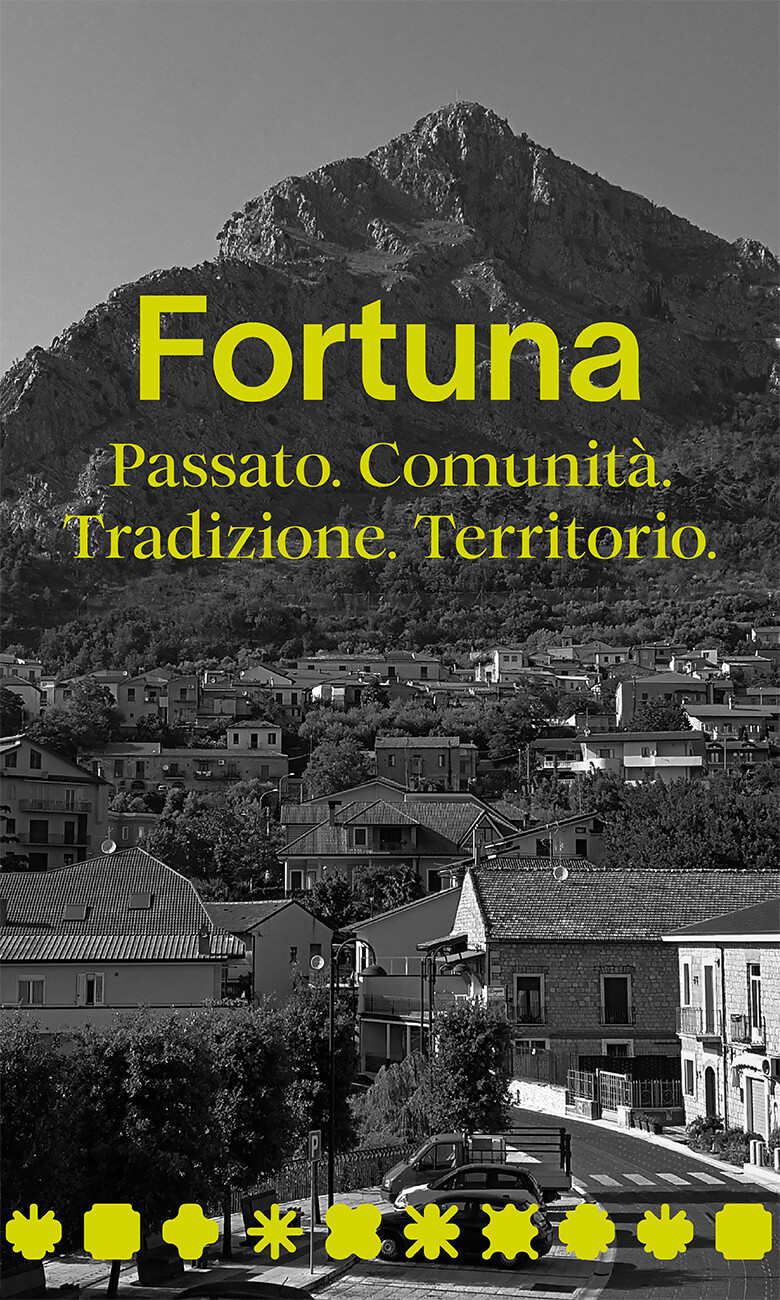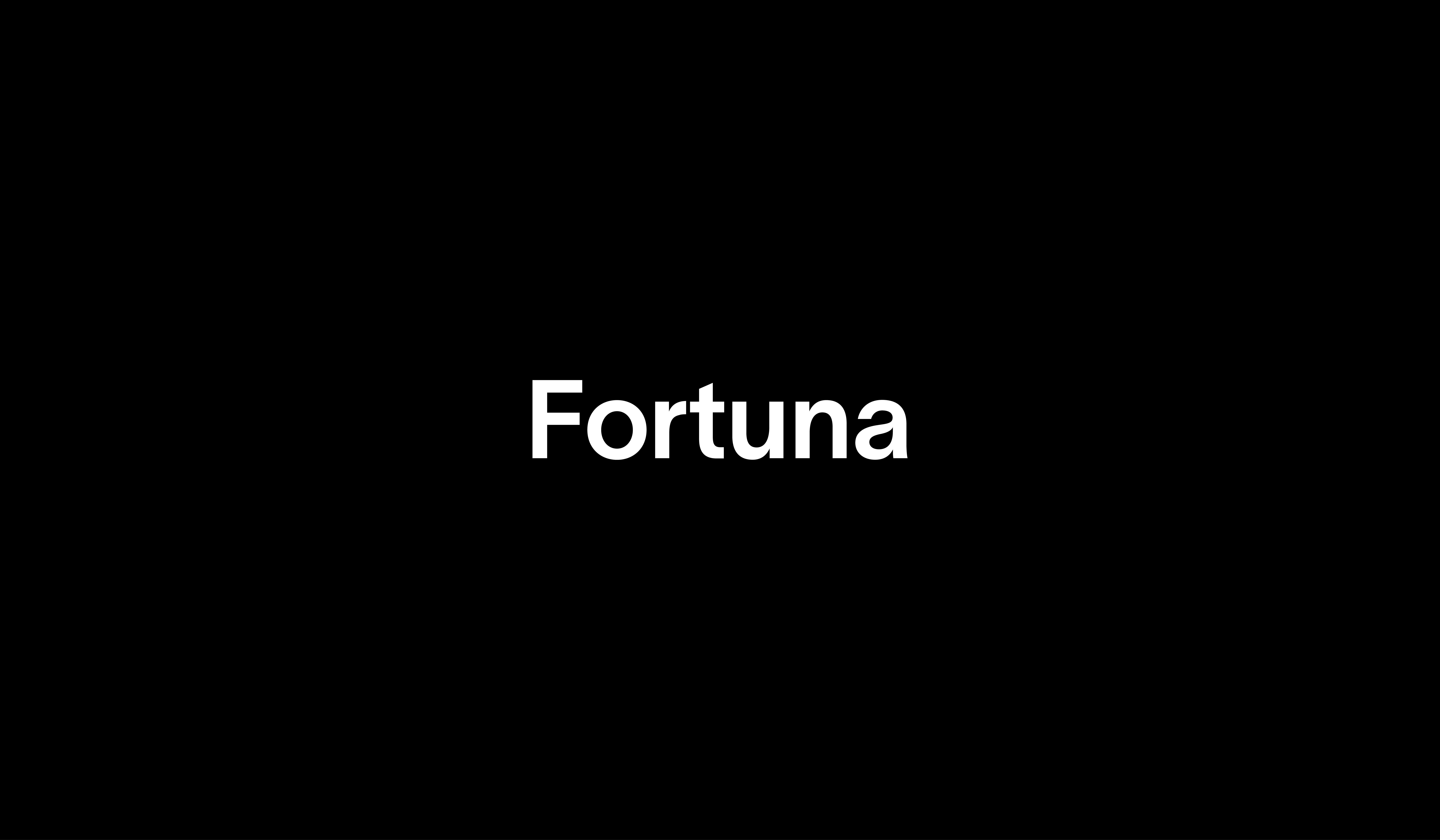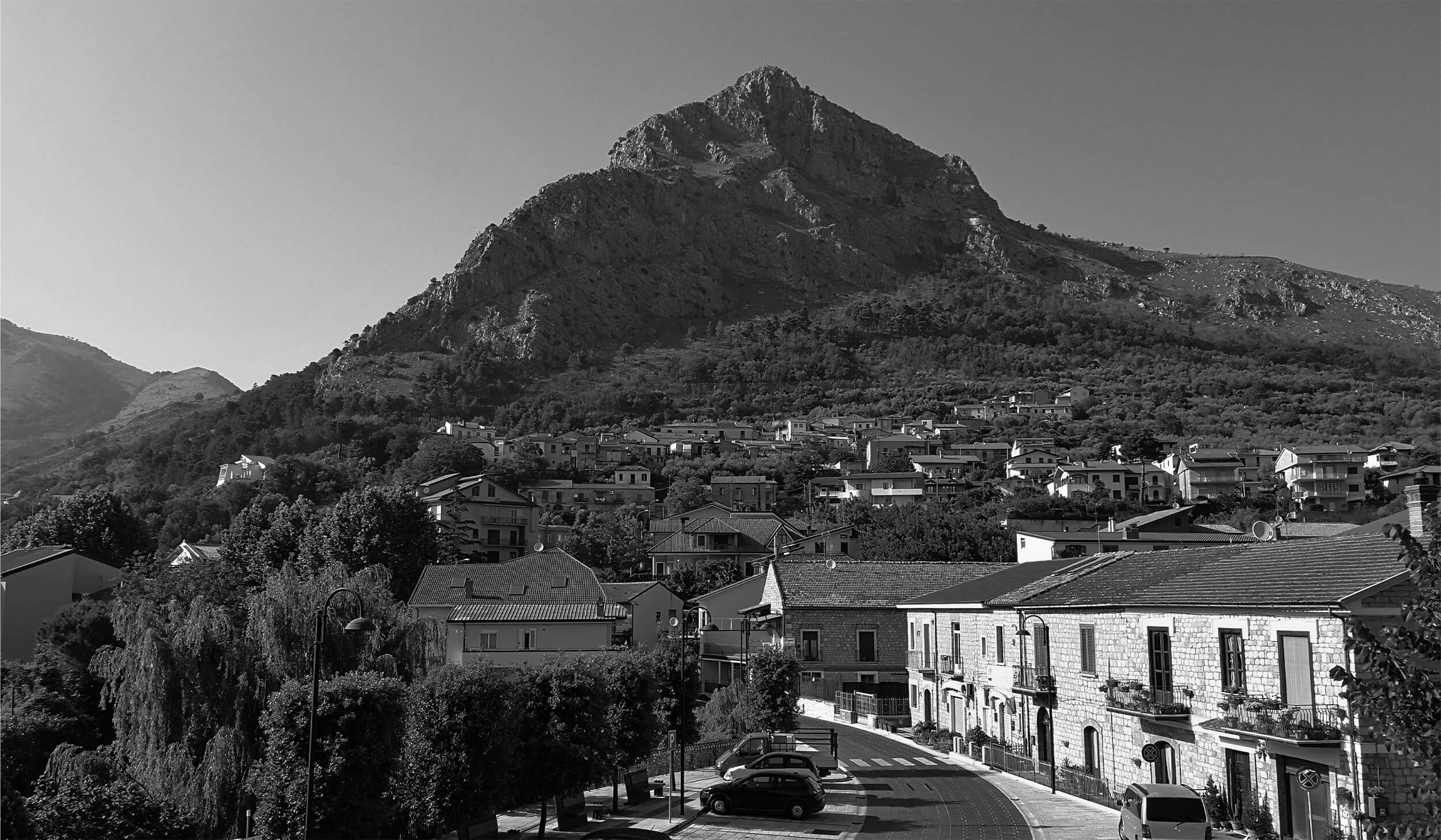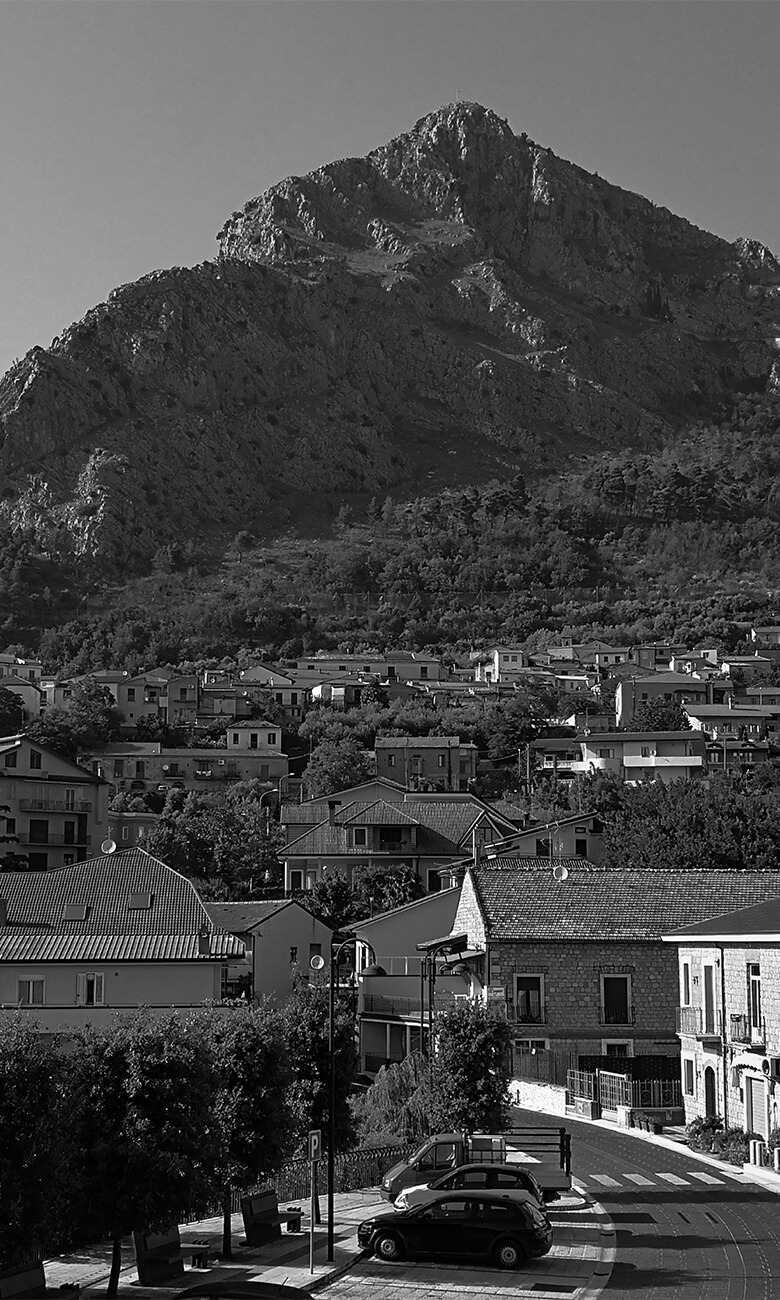Designing for a territory means no longer designing for a single user, but for a diverse group of users connected by a place, an identity, and a time. In the contemporary era, many rural communities face significant challenges such as depopulation and the loss of local traditions. In this context, the concept of post-humanism can offer an innovative perspective, shifting the focus from individualism to the surrounding environment.
Foglianise, located in the heart of Campania (South Italy), is an exemplary case of a small community striving to address these issues through a cultural and innovative approach. This town not only battles the demographic decline common to many southern Italian villages but also the stagnation of its traditions, such as the centuries-old Wheat Festival. This festival, deeply rooted in the history and identity of Foglianise, has remained unchanged over time, struggling to adapt to the evolving needs of the community.
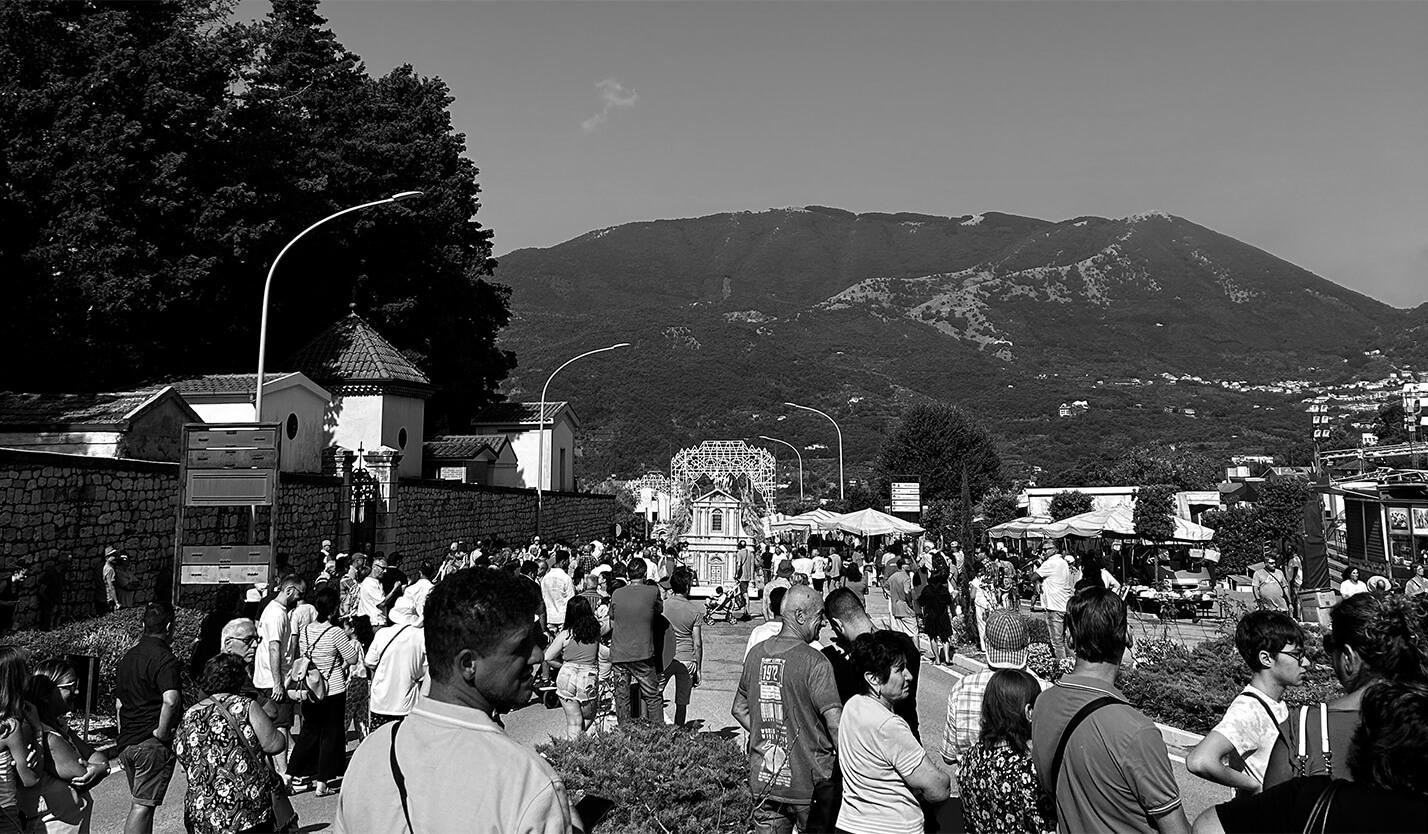
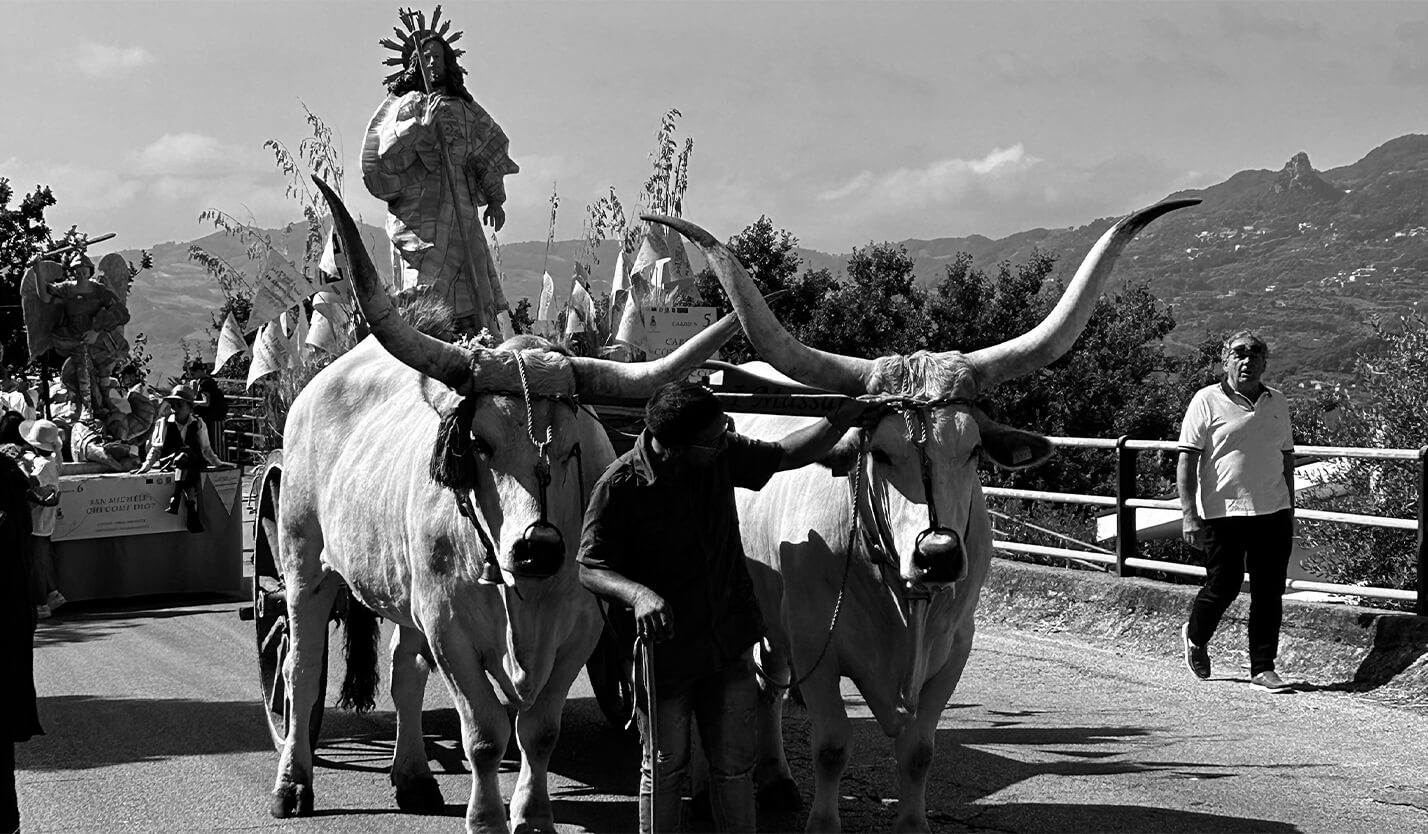


Fortuna is a project aimed at revitalizing the Wheat Festival and introducing a year-round cultural events program to rekindle citizens' interest and attract new energy to the community. Through cultural residencies, festivals, and workshops, Fortuna seeks to actively engage the local community, emerging artists, and professionals from various disciplines.
